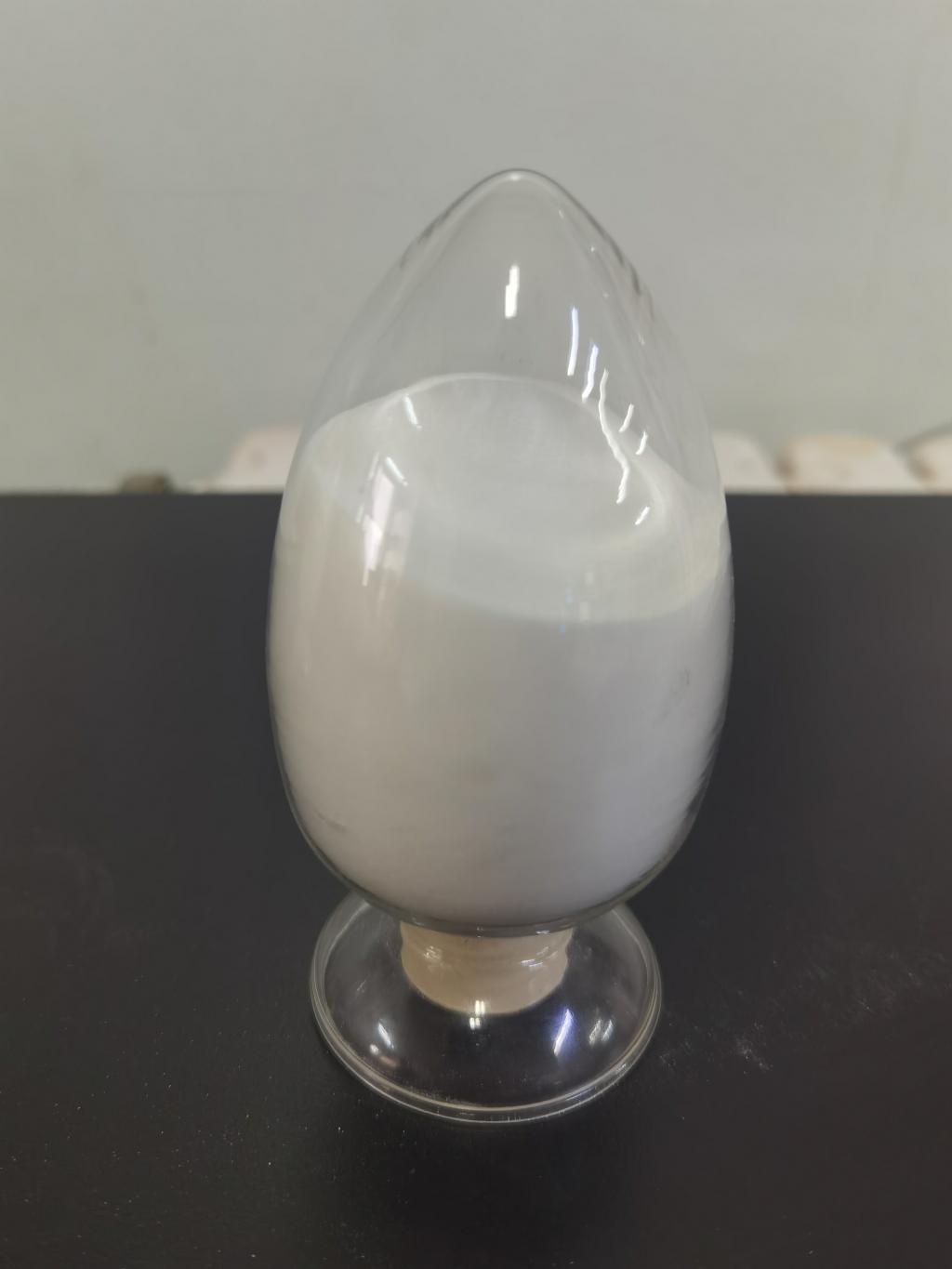Tel:+8618231198596

News
 CONTACT
CONTACT
 CONTACT
CONTACT
- Linkman:Linda Yao
- Tel: +8618231198596
- Email:linda.yao@dcpharma.cn
- Linkman:CHARLES.WANG
- Department:Overseas
- Tel: 0086 0311-85537378 0086 0311-85539701
News
Current Position:
Home >
News
>Factory ε-Polylysine Hydrochloride's Role in Enabling Sustainable Food Production.
Factory ε-Polylysine Hydrochloride's Role in Enabling Sustainable Food Production.
TIME:2023-10-17
Sustainable Food Production: A Global Imperative
Sustainable food production encompasses a range of practices and principles that aim to provide a secure supply of safe, nutritious, and culturally appropriate food while minimizing negative environmental, social, and economic impacts. The current food system faces several challenges, including:
Environmental Impact: Intensive agriculture contributes to deforestation, soil degradation, and water pollution. Food production is a major driver of greenhouse gas emissions.
Food Waste: Approximately one-third of food produced for human consumption is lost or wasted globally, with significant environmental and economic consequences.
Health and Nutrition: Ensuring that food is nutritious and accessible to all is a fundamental component of sustainable food production. Malnutrition and diet-related diseases are still prevalent in many regions.
Economic Viability: Sustainable food production must also be economically viable for producers to encourage the adoption of eco-friendly practices.
Resilience: Building a food system that can withstand the effects of climate change and other unforeseen challenges is a vital component of sustainability.
The Role of ε-Polylysine Hydrochloride in Sustainable Food Production
ε-Polylysine hydrochloride, often referred to as ε-polylysine, is a biodegradable polymer derived from natural sources. Its unique properties make it a valuable tool in promoting sustainability in food production. Here are some key ways in which ε-polylysine contributes to sustainable food production:
Food Preservation: ε-Polylysine is a natural antimicrobial agent that inhibits the growth of a wide range of microorganisms, including bacteria and fungi. By extending the shelf life of food products, ε-polylysine helps reduce food waste, a critical issue in achieving sustainability.
Reducing Chemical Additives: The use of ε-polylysine as a natural preservative can reduce the need for synthetic chemical additives in food production. This aligns with consumer demands for clean label products and reduces potential health and environmental risks associated with synthetic preservatives.
Enhanced Food Safety: By preventing microbial contamination, ε-polylysine enhances food safety and minimizes the risk of foodborne illnesses. This is particularly important in regions with inadequate food safety infrastructure.
Sustainable Agriculture: In agriculture, ε-polylysine can be used as a natural alternative to synthetic pesticides and antimicrobial agents. This reduces the environmental impact of chemical inputs in farming and promotes sustainable agriculture practices.
Efficient Resource Use: ε-Polylysine's antimicrobial properties can reduce the need for resource-intensive refrigeration and transportation. This results in lower energy consumption, reduced greenhouse gas emissions, and more efficient resource utilization.
Case Studies: ε-Polylysine Hydrochloride in Sustainable Food Production
To illustrate the practical application of ε-polylysine in sustainable food production, let's explore some real-world case studies:
Extending the Shelf Life of Fresh Produce: ε-Polylysine is used to extend the shelf life of fresh produce, such as fruits and vegetables, by inhibiting the growth of spoilage microorganisms. This reduces food waste and supports sustainable agriculture.
Replacing Synthetic Preservatives: Food manufacturers are increasingly replacing synthetic preservatives with ε-polylysine in a range of products, including sauces, condiments, and bakery items. This shift aligns with consumer preferences for clean label products and sustainable food production.
Natural Pest Control in Agriculture: In organic and sustainable farming practices, ε-polylysine is used as a natural pesticide to control pest infestations. It reduces the need for chemical pesticides, promoting a more environmentally friendly approach to agriculture.
Food Safety in Developing Regions: ε-Polylysine is employed to enhance food safety in regions with limited access to refrigeration and modern food processing facilities. By preventing microbial contamination, it reduces the risk of foodborne illnesses and supports public health.
Challenges and Considerations
While ε-polylysine's role in sustainable food production is promising, several challenges and considerations should be acknowledged:
Regulatory Approval: The use of ε-polylysine in food production may require regulatory approval in some regions. Streamlining and expediting this process is crucial for its widespread adoption.
Consumer Awareness: Educating consumers about the benefits of ε-polylysine in promoting sustainability without raising concerns about its use is essential. Transparent labeling and information can help address this challenge.
Collaboration: Collaborative efforts between the food industry, agricultural sector, research institutions, and governments are essential to develop and promote ε-polylysine-based sustainable food production practices.
Global Adoption: Promoting ε-polylysine's use in both developed and developing regions is necessary to maximize its impact on sustainability. Efforts should be made to ensure accessibility and affordability in various contexts.
Conclusion
ε-Polylysine hydrochloride's role in enabling sustainable food production is a testament to the versatility and effectiveness of this natural antimicrobial agent. By extending the shelf life of food products, enhancing food safety, and reducing the need for synthetic chemical additives, ε-polylysine contributes to a more sustainable and resilient food system.
Collaboration among food producers, agricultural experts, researchers, and regulatory authorities is essential to maximize the potential of ε-polylysine in promoting sustainability. As the world grapples with the challenges of feeding a growing population while minimizing environmental impact, ε-polylysine emerges as a valuable ally in achieving a more sustainable and food-secure future for all. Its multifaceted contributions to sustainable food production provide a promising path forward in addressing the complex challenges of our global food system.
- Tel:+8618231198596
- Whatsapp:18231198596
- Chat With Skype







